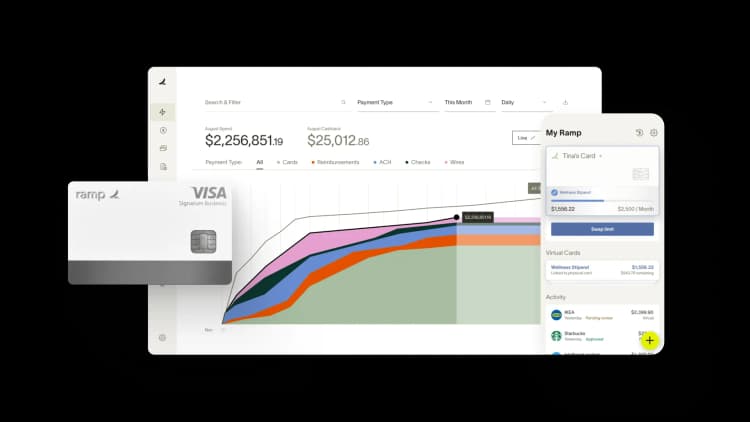How much cash should a business have on hand?

- What does cash on hand mean?
- Why is cash on hand important for businesses?
- How much cash should a business have on hand?
- Strategies for managing cash reserves

What does cash on hand mean?
Cash on hand consists of all the money a business has available at any given moment, including funds in bank accounts and liquid assets that can be readily converted into cash. This metric is crucial for daily operations, allowing businesses to meet immediate financial obligations without incurring debt.
Why is cash on hand important for businesses?
Maintaining an adequate level of cash on hand is vital for operational security. It helps businesses handle unexpected expenses, such as emergency repairs or sudden market changes, without compromising their financial stability.
Moreover, it provides a cushion that can help a company take advantage of growth opportunities without the delay of external financing. This flexibility is a cornerstone of sustainable business practices, especially in industries where cash flow can be unpredictable.
How much cash should a business have on hand?
The first step in determining the right amount of cash on hand is to thoroughly understand your cash flow. Analyze patterns in your business’s income and expenses to forecast future financial needs accurately.
Regular financial health checks, such as reviewing profit margins and operational costs, will guide you in adjusting your cash reserve to match your business's lifecycle stage and economic conditions.
Factors influencing cash needs
The required cash reserve can vary significantly depending on several factors:
- Business model: E-commerce businesses might have different cash flow dynamics compared to traditional retail stores.
- Industry standards: Some industries, like construction or manufacturing, may require larger cash reserves due to longer project timelines and higher upfront costs.
- Growth phase: Start-ups might burn through cash faster than established businesses due to initial setup costs and market entry strategies.
Strategies for managing cash reserves
Short-term strategies
For immediate cash management, tighten control over cash inflows and outflows. Improve invoice and receivables management to ensure faster cash turnover. Regularly revising budgets based on real-time financial data can prevent cash shortages.
Long-term strategies
Building a robust financial cushion involves setting aside funds regularly to cover at least three to six months of operational expenses. This practice helps mitigate risks associated with unexpected financial downturns. Additionally, establishing lines of credit or exploring other flexible financing options can provide security without tying up all your liquid assets.
By effectively managing cash on hand, businesses can ensure they are prepared for both the opportunities and challenges that lie ahead. Proper cash management not only safeguards against financial instability but also supports strategic investments and growth initiatives.

Don't miss these
“In the public sector, every hour and every dollar belongs to the taxpayer. We can't afford to waste either. Ramp ensures we don't.”
Carly Ching
Finance Specialist, City of Ketchum

“Ramp gives us one structured intake, one set of guardrails, and clean data end‑to‑end— that’s how we save 20 hours/month and buy back days at close.”
David Eckstein
CFO, Vanta

“Ramp is the only vendor that can service all of our employees across the globe in one unified system. They handle multiple currencies seamlessly, integrate with all of our accounting systems, and thanks to their customizable card and policy controls, we're compliant worldwide. ”
Brandon Zell
Chief Accounting Officer, Notion

“When our teams need something, they usually need it right away. The more time we can save doing all those tedious tasks, the more time we can dedicate to supporting our student-athletes.”
Sarah Harris
Secretary, The University of Tennessee Athletics Foundation, Inc.

“Ramp had everything we were looking for, and even things we weren't looking for. The policy aspects, that's something I never even dreamed of that a purchasing card program could handle.”
Doug Volesky
Director of Finance, City of Mount Vernon

“Switching from Brex to Ramp wasn't just a platform swap—it was a strategic upgrade that aligned with our mission to be agile, efficient, and financially savvy.”
Lily Liu
CEO, Piñata

“With Ramp, everything lives in one place. You can click into a vendor and see every transaction, invoice, and contract. That didn't exist in Zip. It's made approvals much faster because decision-makers aren't chasing down information—they have it all at their fingertips.”
Ryan Williams
Manager, Contract and Vendor Management, Advisor360°

“The ability to create flexible parameters, such as allowing bookings up to 25% above market rate, has been really good for us. Plus, having all the information within the same platform is really valuable.”
Caroline Hill
Assistant Controller, Sana Benefits





